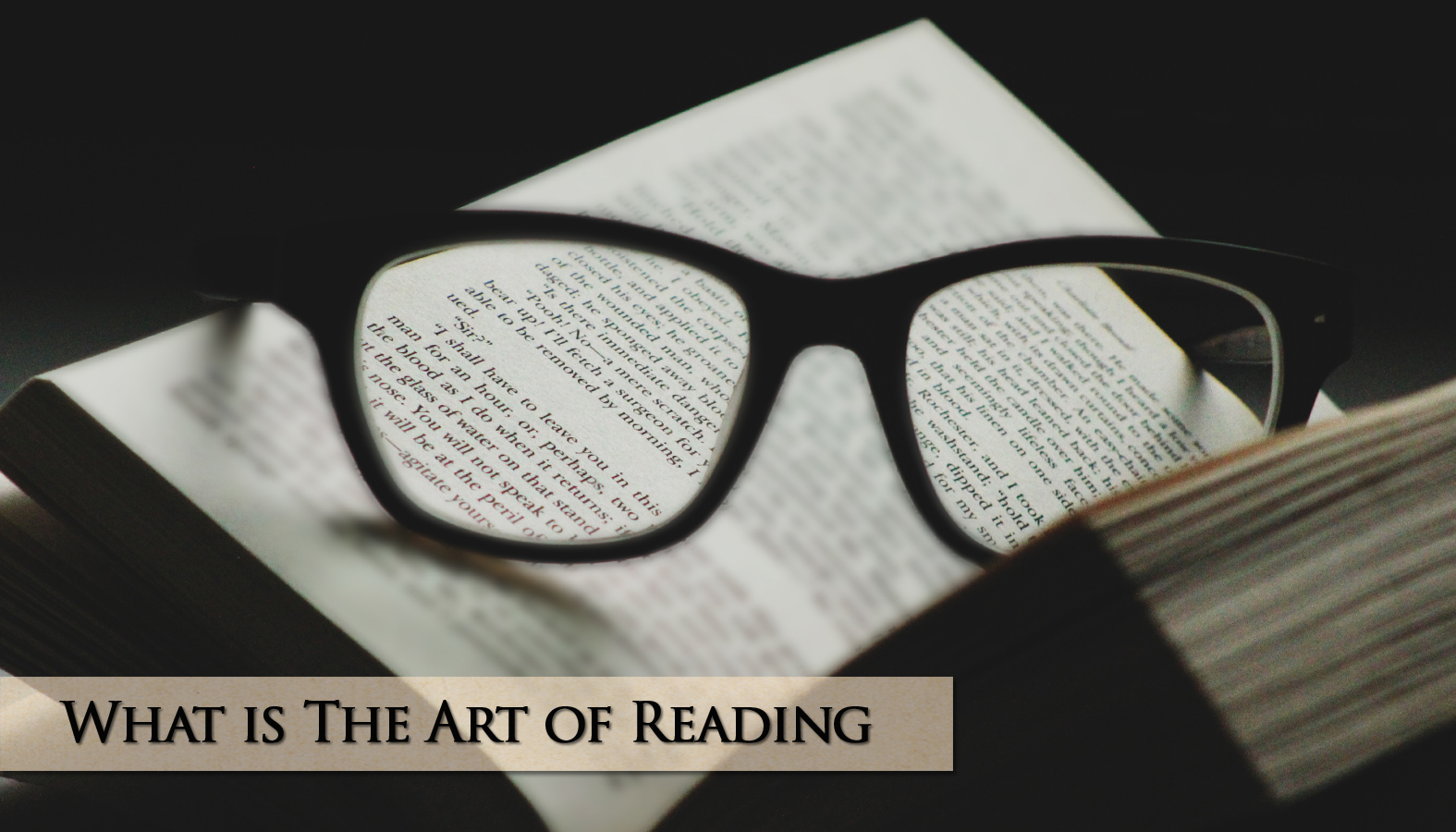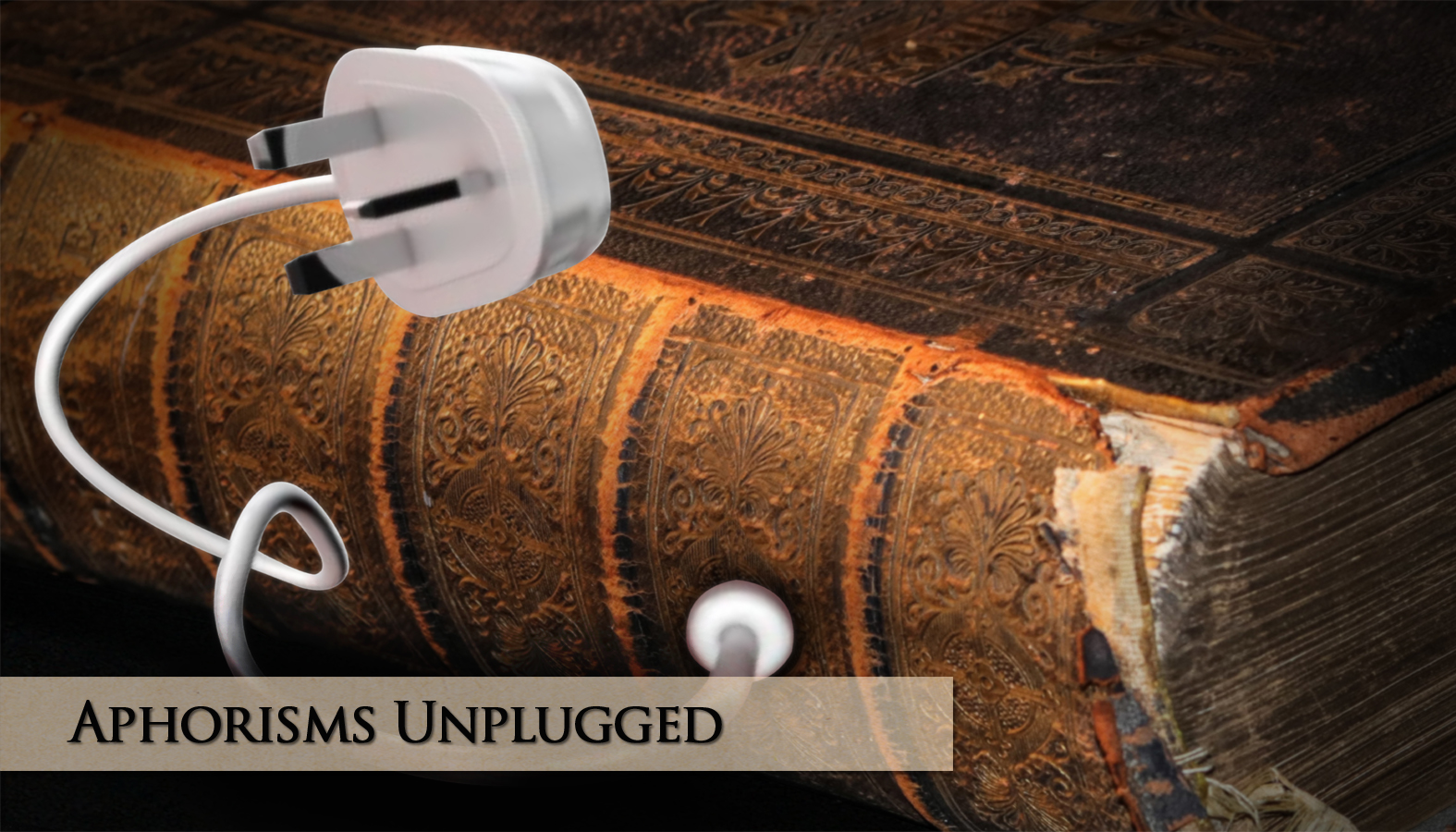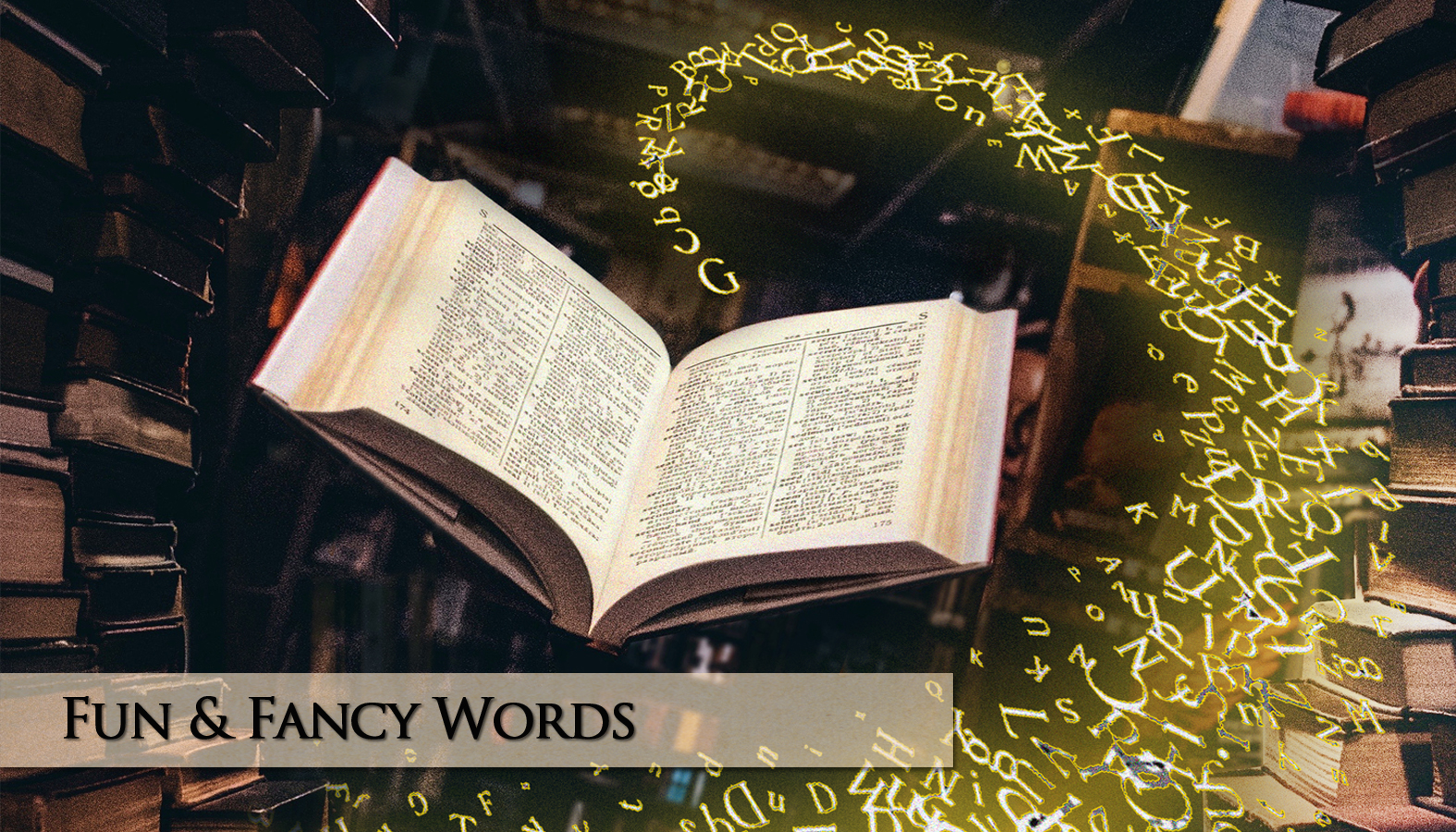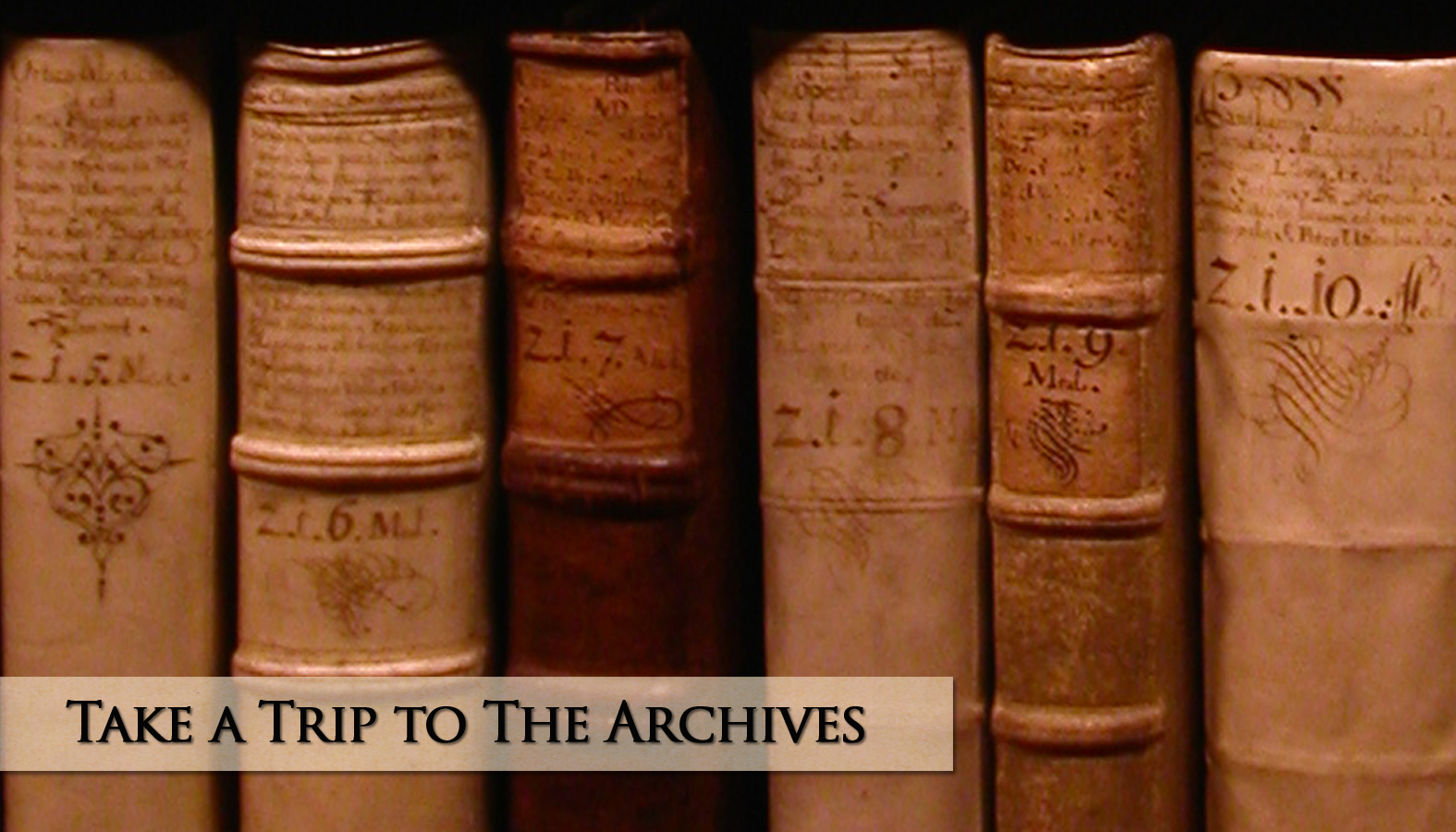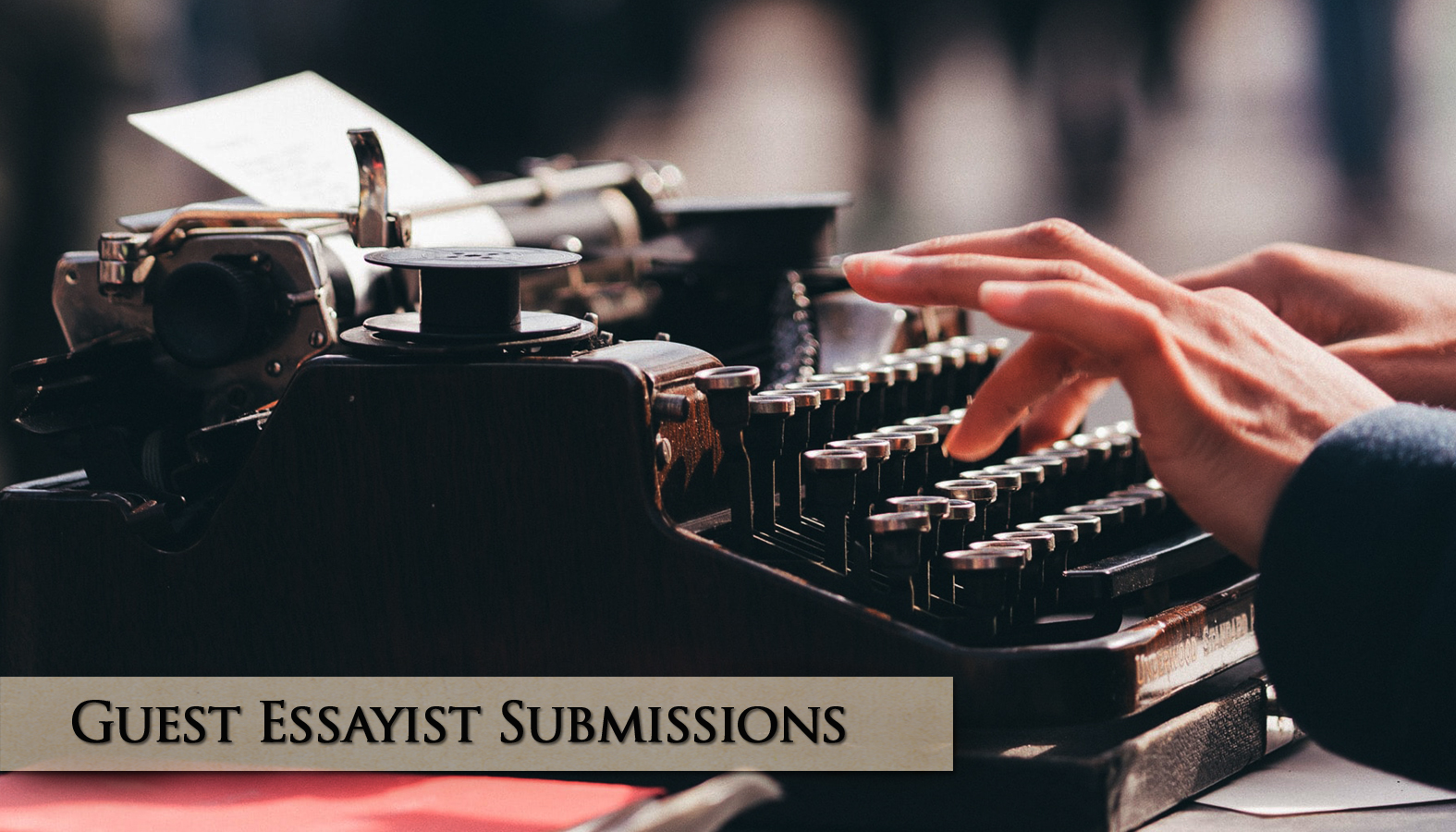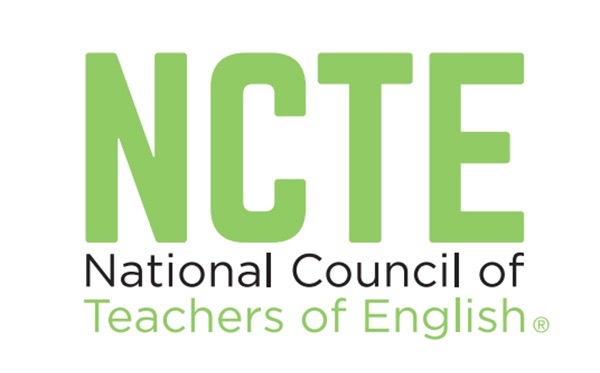Henry James’ “The Jolly Corner” and Related Thoughts: a response to “I took the road less traveled by”

 .
.
s the title indicates, this piece reflects thoughts and memories evoked by our unplugged aphorism I Took the Road Less Traveled By. This personal essay is a contribution from guest essayist Dr. Allen Schwab.
The central character is fifty-six year old Spencer Brydon, recently returned to his native New York after spending thirty-three years abroad. [In 1908, the year the story appeared, James was sixty-five, having returned to America from Europe in 1905 for the first time in twenty years.]
Relishing late night strolls through his now empty boyhood home, the abandoned family property on the “jolly corner” of a once fashionable street, Spencer is simultaneously drawn to the alteration of another family owned larger structure being converted to an apartment building, one which has previously been a primary source of office rental income since his family deaths.
Spencer surprises himself while supervising the renovation. Though he has never before done such work, he learns that he has real diagnostic and business leadership abilities, perhaps long hidden in him, unsuspected and unused. Now, with the echoed names of great British authors Edmund Spenser, John Dryden, and George Gordon Lord Byron, Spencer begins to imagine the life he might have had had he stayed in America to make gobs of real estate money, rather than to have spent the bulk of his adult life using his considerable inheritance to wander through Europe as a rather shallow bon vivant.
Now as he rekindles a relationship with old acquaintance Alice Staverton (“saving him”?) who has always lived in New York City, she suggests he has a real gift for business and construction, subjects he had always found “vulgar and sordid.” In typical fashion of the model Jamesian woman confidante, demure, unassuming but keenly sensitive to the circumstances of the man in her life, she comes to the house one night because she senses he is in danger. There, creeping through the darkened family home, he has encountered the portrait of a man trying to hide his face with a mutilated hand, the sight of which causes him to collapse, swooning in horror at the thought that this is who he might have become in the life he would have lived in America.
When he comes to, cradled in Alice’s lap, he tells her of his nightmare experience, of his fear of the man with the malformed hand. As she bends toward him, she murmurs how she would have loved him either way. She kisses him — and the stars explode.
[It’s worth noting how in James’ twenty-two novels and 112 stories, there are two kisses, but Isabel Archer’s with Caspar Goodwood in The Portrait of a Lady (1881) is nothing like this bombshell. We’re talking about a Victorian America where men fainted at the sight of a woman’s ankle. It’s possible, given fashions of the time, some men weren’t convinced women even had ankles . . . .]
I have loved this work since I found it as an undergraduate, later drawing on it as a model for several stories in the collection which became my Creative Writing master’s thesis. Right off it reminded me of Robert Frost’s famous poem, which I’ve always felt to suggest (at least in hindsight) we greatly overestimate the importance of life decisions we think at the time represent fundamental forks in our roads. Which of us has not thought at some point, “If I’d only gone to college where I wanted; if I’d only gotten that special job I deserved; if I’d only married so and so; my whole life would have been different — and better.”
Well, maybe. Maybe not. Frost and James may be suggesting something else, that we can daydream on the subject all we want, but the reality is that who we are as human beings has been set long before those work and relationships forks in the road present themselves. “I would have loved you either way” then represents a memorably cherished corrective.
As someone who does some of his best thinking underwater, in the shower the other day I remembered a Richard Roeper review I’d recently read of Interstellar (2014), an epic science fiction film about a NASA pilot who leads a team of researchers across the galaxy and through a wormhole near Saturn in search of an inhabitable planet for the environmentally endangered Earth inhabitants. En route, the male pilot and a female researcher argue over her wish to have the ship alter its course to detour to the intended destination of an astronaut who some ten years before had left on a similar exploratory mission, though not heard from since, whom she admits she still loves.
The pilot balks, saying that they have to observe science rather than make so irrational, emotional a decision. With impressive self-possession, she responds:
![]()
The tiniest possibility of seeing [him] excites me. That doesn’t mean I’m wrong. Love isn’t something we invented; it’s observable, it’s powerful. It has to mean something . . . . I’m drawn across the universe to someone I haven’t seen in a decade who I know is probably dead. Love is the one thing we’re capable of perceiving that transcends dimensions of time and space. Maybe we should trust that even if we can’t understand it.
Roeper is obviously right — all the more so in a global pandemic in which life and death are daily at stake — to suggest we have to listen to science. At the same time, we ignore powerful forces we cannot see or measure at our peril. Like love. “I would have loved you either way” provides each of us a stark reminder of such truth.
Guest Essayist:
Chicago native and diehard Cub fan, Allen Schwab, Ph.D., from the American Culture Studies Graduate Program faculty of Washington University in St. Louis, explores how American literature, music, visual art, history, political science, religion, history of science, and philosophy reveal qualities of the American character and our history of ideas.
A long-time Pre-Concert Lecturer for the Saint Louis Symphony Orchestra, he is a recipient of the national Elijah Parish Lovejoy Award for Education — given by The Lovejoy Society to the American educator whose actions reflect the ideals of Lovejoy’s commitment to free speech.
Pair this with the unplugged aphorism that inspired it:
I Took the Road Less Traveled By.





